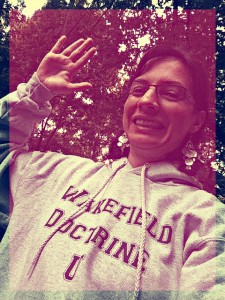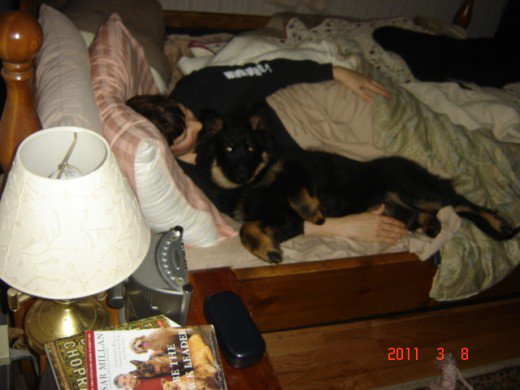Welcome to the Wakefield Doctrine (the theory of clarks, scotts and rogers)
Lemme paste a short, little RePrint post here. Kinda serves the function of stretching before exercise or having one of those dreams that are singularly repetitive and, should be boring enough to put the ‘dream you’ even further unconscious, were it not for the concept that ties it all together. Something so simple and fundamental that it should be obvious, but always one thought away from being expressed.
Remind us to talk tomorrow about the tri-interdependency of the three predominant worldviews.
(Pre-Notes: ‘Mu’ (in the title of the RePrint) is an allusion to the word in some zen koans. At least to the extent evident in the following postless post*)
Mu -the Wakefield Doctrine- ‘the Weekend in (re)-View: there were encouraged smiles in Outerville’
February 9, 2015Welcome to the Wakefield Doctrine (the theory of clarks, scotts and rogers)…I thought I had the ‘hook’ for today’s Post earlier this morning, around 6:10am. My computer froze up and the Error Message appeared:
Hit continue to ‘Force Quit’ the Application
damn! doesn’t that describe what happens to clarks so often? (Especially on Mondays because we’ve just had two days during which time we could pick the people we were with), we learn and remember that part of what the Wakefield Doctrine offers is, as they so cleverly put it, ‘to self-improve oneself’. But this weekend was encouraging. A good TToT and a good Call-in discussion. So today, I will go out into the world (see, I told you I was a clark!) and know that there are other clarks struggling with the semi-self-imposed status of Outsider and, simply by virtue of this (identification with other clarks), I will more frequently remember to not forget that I have a choice in how I think and act and feel.
Had a great Saturday Night Call-in this weekend. Cynthia, Denise and the Progenitor roger! Topic: how do clarks best deal with the roger in the workplace (or to be a bit more accurate: how to manage a rogerian-dominated workplace). Very fun and informative and entertaining and everything you could want from a phone conversation.
So what do we clarks know now that we did not know, say, 3 or 4 years ago? For starters, that there is a direct (but not directly appreciable) benefit from associating with clarks in a context that encourages identification (with/for the other clarks). We also better understand our selfs and while this is not, in and of itself, a benefit, it is the sharing of this (increased) self-understanding that makes the identificationing with other clarks so effective.
But enough about clarks. how about scotts and rogers? What are they getting out of this thing that they could not get elsewhere? Again, for starters:
- an increased sense of awareness of that which bothers scotts (on a pre-conscious level), with a better acceptance that it is not a flaw (this, by virtue of the scott’s heightened clarklike aspect)
- (for the rogers) a sense of an increased-enthusiasm-for-nothing-that-is-identifiable, yet not perceived as threatening
Feet notes:
so: Denise and Cyn-thee-uh and the Progenitor roger were all on the Wakefield Doctrine Saturday Night Call-in this Saturday past. It was a splendid time, the high points, syllabus-istically speaking the insight nodes were as follows:
topic: how do clarks manage (themselves or others) in the workplace with an emphasis on the difficulties of dealing with rogerian co-workers
agreed: the negative, ‘lashing out’ of a roger is worse than being nipped by a scott or ignored by a clark
agreed: that the reason for this ‘over-reaction’ by the clark is their emotional investment (conscious or otherwise)
agree: the tendency is for clarks to take (false) responsibility for the actions, reactions and consequences involving others
agree: rogers (and scotts) think they know what it is it fear (the negative) reactions of others, but they are wrong
agree: rogers do not accept admission of ineptitude, no member of the Herd would ever consider this
*
* ha ha










